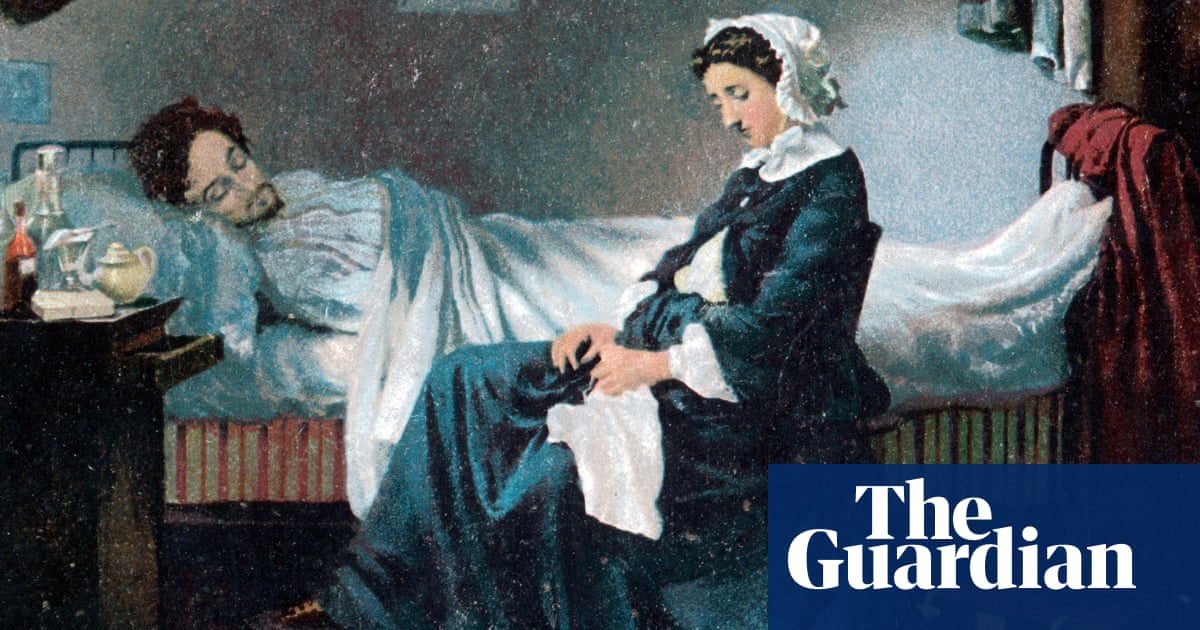I’ve come to a moment in my life I never expected; I’m contemplating starting a relationship, not out of love or passion, but out of fear – fear of the future. I always thought I’d be above such reasoning. But witnessing illness up close, seeing the care my father received from his wife and us children, the comfort of not being alone in a hospital bed, shook me more than I was prepared for.
It’s a quiet but profound shift inside me. I stopped seeking out companionship a few years ago, deliberately. I did try but none of the few women I dated stirred anything close to love in me. So, as a 55-year-old man, I told myself it just wasn’t worth it: the arguments, the jealousy, the constant need to defend one’s need for solitude – especially for someone like me, deeply introverted by nature.
So here I am, caught between a single status that has brought me a decent measure of peace and the quiet realisation that, as the years go by, life will only grow more difficult – if I’m lucky enough to keep living it. I don’t know what to do.
Eleanor says:It sounds as though you were quite shaken by the experience of watching your father’s illness. I wonder: why should we be “above” reasoning that comes from that place? What’s base about wanting a relationship in part because you don’t like the look of life without one? “I’d prefer not to be alone in the last chapter in my life.” Why is that more bizarre or embarrassing as a reason for a relationship than “I prefer not to live without physical touch”, or, “I prefer to have someone to chat to in the evenings?” Lots of the reasons we want a relationship boil off to not much liking the look of life without one. Part of that can be that we don’t want to die alone. I don’t think this has to be capitulation, fear or a bad reason for being in a relationship. I think it’s quite a normal and nice thing to want.Shifting into that way of seeing things might even help with a relationship itself.
You say that none of the women you’ve dated stirred love in you. But finding a relationship of the sort you’re talking about – one where you’re committed to each other, you help each other in sickness and in health – that isn’t just about what other people can evoke in you. It’s about whether you can build something together. Of course, your prospective companion has to stirsomethingin you. But that’s not the whole story; it’s not just a matter of walking into a room holding a romantic Geiger counter and seeing what they can produce in you. You also have to be willing to see what you could produce together.
Long-term love isn’t just about how well we evaluate the other person. It’s also about deciding to love and care for each other no matter what. Like the way you and your siblings cared for your dad – you didn’t first look for the best dad, then care for him because of how well he performed on the search. It’s in part because of what you’ve built and shared together that you loved him enough to do that, and so too for his wife. I think evaluation and commitment are constantly passing the baton back and forth in this kind of lifelong, care-by-the-bedside love; I’m committed to be here because you’re the best I can imagine and part of why you’re the best I can imagine is that I’ve committed to be here.
All that to say, I think love is partly what another person produces in you and partly what you build together. As a friend of mine is fond of saying: wanting a wife is not the same as wanting to be a husband.
I don’t think you have to look upon this new desire askance, or even as a peculiar response to fear. It’s possible it’s just a new preference – one you’ve developed in light of the emotional experience you’ve just had. Luckily, lots of other people want a relationship for partly these reasons – and lots of other people may be open to seeing what they could build with you.
